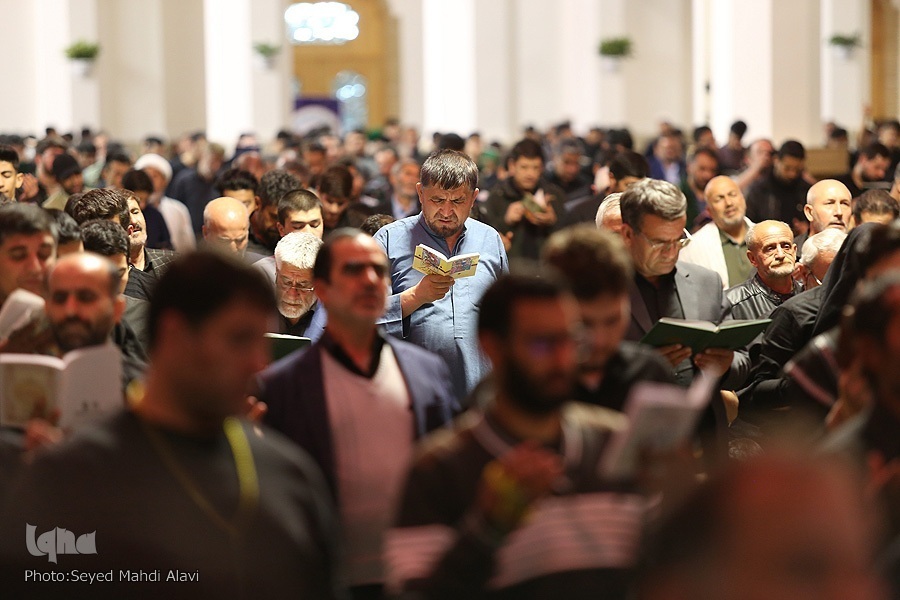Exploring Reasons Why Prayers May Seem Unanswered

Speaking to IQNA, Ayatollah Mohammad Andalib Hamedani, a senior scholar at the Qom Seminary, presented seven key points to explain why prayers may not always yield visible results.
Ayatollah Hamedani emphasized that while prayer serves as a cause for divine response, it is not a guaranteed means to achieve a particular outcome. "For prayers to be answered, certain conditions must be fulfilled, and obstacles removed," he stated.
Among these prerequisites are sincerity in intention and the absence of unresolved grievances against others, he said, adding that holding onto the rights of others, whether financial or reputational, can hinder the acceptance of prayers.
The scholar highlighted the role of personal responsibility in difficult situations. “Sometimes, we face challenges due to our own misjudgments,” he explained.
Improper financial decisions or a lack of consultation may lead to losses that prayer alone cannot rectify. In such cases, individuals are encouraged to combine prayer with thoughtful actions and corrective measures, he said.
Read More:
Ayatollah Hamedani further addressed the inherent challenges of life, pointing out that even prophets faced adversity. He stressed that hardships are often divine tests, urging people to seek God’s assistance in enduring difficulties rather than expecting a problem-free existence.
“Prayer should be accompanied by diligent effort,” the scholar noted. While miraculous exceptions exist, the general principle is that human endeavor is necessary alongside spiritual supplication. Praying for sustenance or healing without making practical efforts is not aligned with divine wisdom, he noted.
Another reason prayers may seem unanswered is the element of divine timing. "We may lack the patience to wait for the appropriate time and circumstances for our prayers to be fulfilled," Ayatollah Hamedani said, adding that trust in God’s wisdom is essential.
Read More:
Ayatollah Hamedani also underscored the inherent significance of prayer itself. Beyond seeking specific outcomes, prayer serves as a form of connection and devotion, stressed the scholar.
He cited the example of Ahl al-Bayt (AS) who engaged in lengthy supplications without expecting immediate responses.
Finally, the scholar pointed out that the rewards of prayer are not limited to worldly benefits. "True life is in the Hereafter, and the rewards for our prayers may manifest there," he concluded, referencing verse 64 of Surah Al-Ankabut: “The life of this world is nothing but diversion and play, but the abode of the Hereafter is indeed Life (itself), had they known!”
4270408



